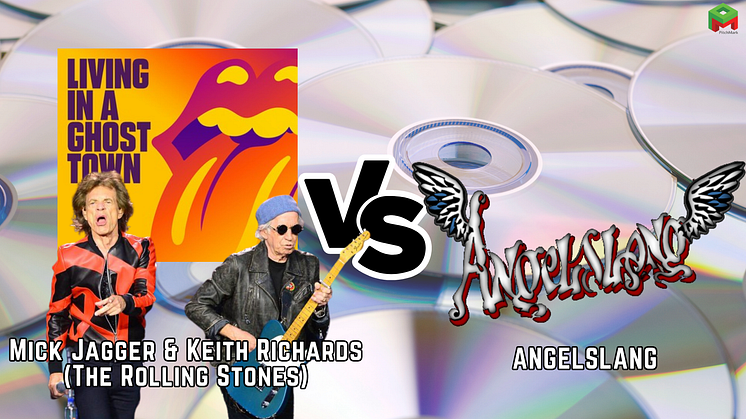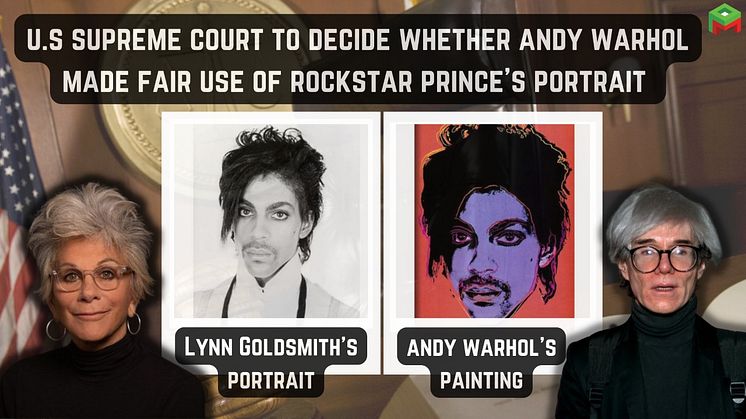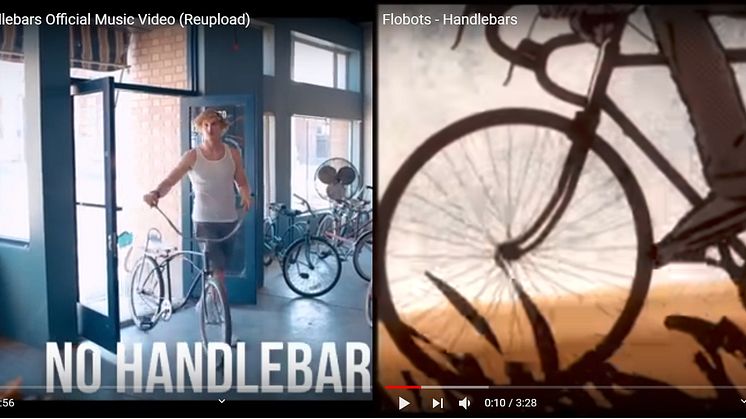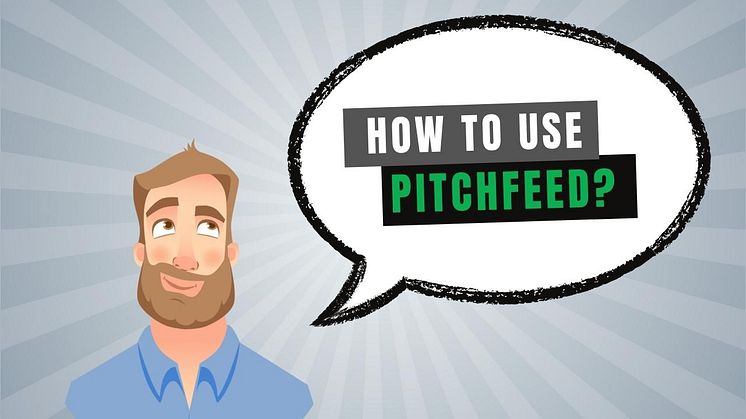
News -
Rick Astley sues Yung Gravy for using his voice in 'Betty (Get Money)'
English singer-songwriter Rick Astley has filed a lawsuit against rapper Yung Gravy for using his voice without permission in the hit song Betty (Get Money), which raises questions about what can legally be borrowed from older songs, even when certain licenses have been secured.
In Gravy's 2022 track, Astley’s voice was imitated by vocalist Popnick, whose voice which is strikingly similar Astley’s 1987 hit song Never Gonna Give You Up.
Although Astley permitted Gravy to use the melody and lyrics of his song, the lawsuit asserts that he never gave permission to use his "signature voice" on the song.
By featuring Popnick's impersonation, the song violates his right to publicity or the right to control the commercial exploitation of a person's identity and prevent its unauthorized commercial appropriation by others, Astley claims.
According to the lawsuit, "a license to use the original underlying musical composition does not authorize the stealing of the artist's voice in the original recording".
"In an effort to capitalize off the immense popularity and goodwill of Mr. Astley, defendants... conspired to include a deliberate and nearly indistinguishable imitation of Mr. Astley's voice," the lawsuit says.
"A license to use the original underlying musical composition does not authorize the stealing of the artist's voice in the original recording," the lawsuit continued.
According to the complaint, Astley's claim is similar to a 1988 lawsuit won by Bette Midler against Ford Motor Company for using a soundalike to promote cars even though Ford had licensed her song Do You Want To Dance for an advertisement.
The defendants, other than Gravy, mentioned in the lawsuit are Popnick and Dwilly as well as UMG’s Republic Records.
In an interview with Billboard last year, Gravy openly admitted that he wanted the interpolation to sound as authentic as possible.
He and Seeley "basically remade the whole song."
Gravy stated in the interview that Astley "digs the song," but Astley claims in his lawsuit that "those statements were all false."
Gravy’s track reached number 30 on the US Billboard chart, went viral on TikTok videos, and racked up an astonishing 177 million Spotify streams.
PitchMark has covered songwriter Andy Stone’s copyright infringement case against singer Mariah Carey for using the title of his song in her widely-popular classic song "All I Want for Christmas Is You", released in 1994. Stone, however, later dropped the lawsuit.
PitchMark helps innovators deter idea theft, so that third parties that they share their idea with get the idea but don’t take it. Visit PitchMark.net and register for free as a PitchMark member today.






